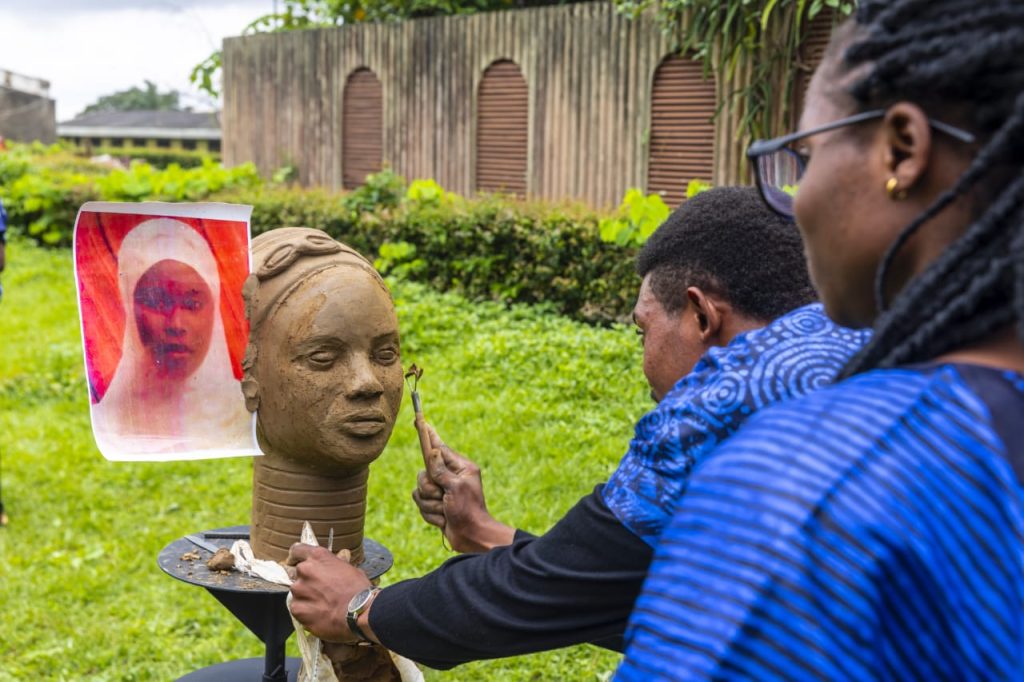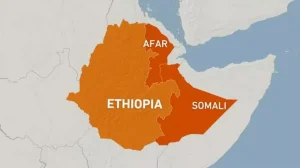
In 2014, the kidnapping of 276 female students from the Government Girls Secondary School in Chibok, Borno State, brought attention to the plight of children in Northeast Nigeria. The Chibok girls became a powerful symbol of the devastating impact of the conflict on children, especially girls. However, nine years later, their continued captivity serves as a reminder that the crisis is far from over.
On the anniversary of the abduction, the world is once again reminded of the severe consequences of the ongoing armed conflict in Northeast Nigeria on children. Despite some efforts, including the Nigerian government’s actions to improve access to education, healthcare, and other essential services, the crisis has worsened, resulting in one of the world’s worst humanitarian crises.
Currently, 96 Chibok girls remain in captivity, along with a significant number of children abducted by non-state armed groups such as Boko Haram and Islamic State in West Africa Province. As a global community, we cannot ignore the suffering of these children and demand their immediate and unconditional release.
The conflict has left thousands of children exposed to violence and atrocities, including being abducted for forced marriage or used as suicide bombers. Over 2.5 million people, including more than 1 million children, have been forced to flee their homes in search of safety, leading to a severe displacement crisis.
Attacks on schools by various armed groups have further denied 1.15 million children’s right to education, with over 1,500 schools being forced to close and more than 19,000 teachers displaced. The loss of access to education has had serious consequences, with many children being out of school for years, leading to a lost generation lacking basic literacy and numeracy skills.
The conflict has also had economic impacts, resulting in poverty and inequality due to the loss of livelihoods, businesses, and employment opportunities. Families struggle to provide their children with basic needs, such as healthcare, education, and adequate nutrition, resulting in missed development opportunities worth $100 billion each year.
The international community must urgently provide humanitarian assistance, especially to children and women in need. Aid organizations must have unrestricted access to the region to provide essential services such as healthcare, education, and nutrition.
A comprehensive approach addressing the root causes of the conflict and promoting sustainable peace in the region is also necessary. The Nigerian government’s efforts to improve access to education, healthcare, and other essential services in the region are commendable, but more must be done. Rebuilding infrastructure, especially schools and healthcare facilities destroyed by the conflict, is vital.
The children of Northeast Nigeria deserve a brighter future, free from violence, poverty, and inequality. It is our collective responsibility to work towards achieving this goal. Let us not forget the Chibok girls and the many other children affected by this crisis. Let us work together to ensure their release and return to their families and provide all children in Northeast Nigeria with the opportunities they need to reach their full potential.






